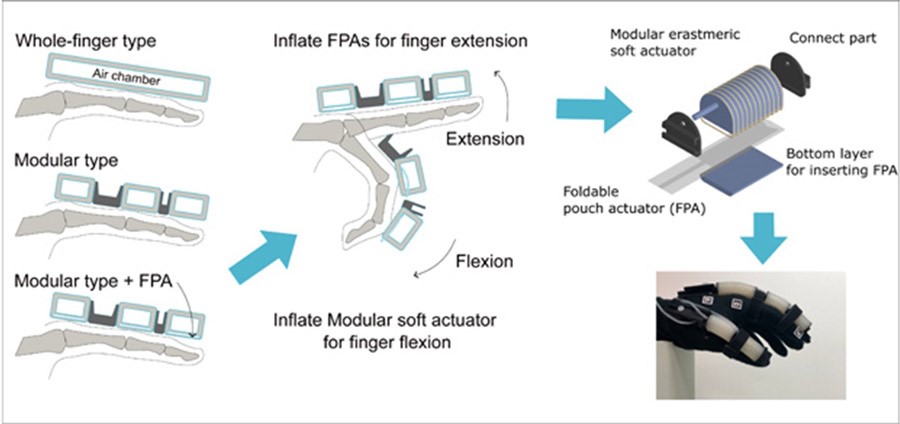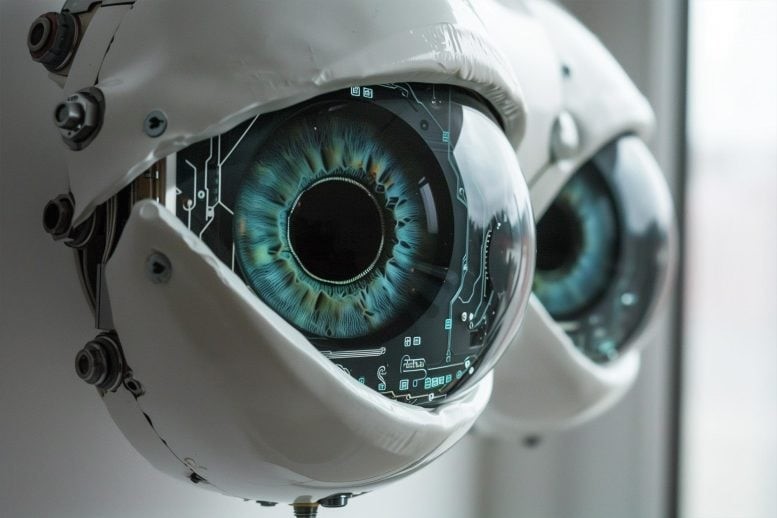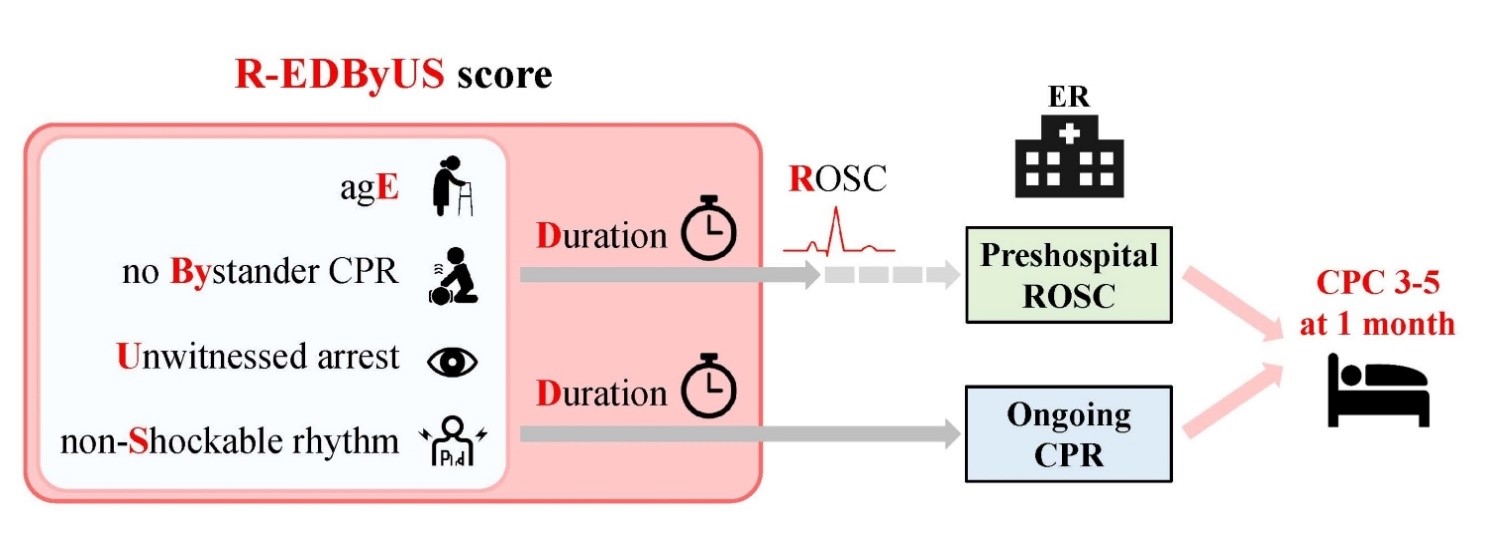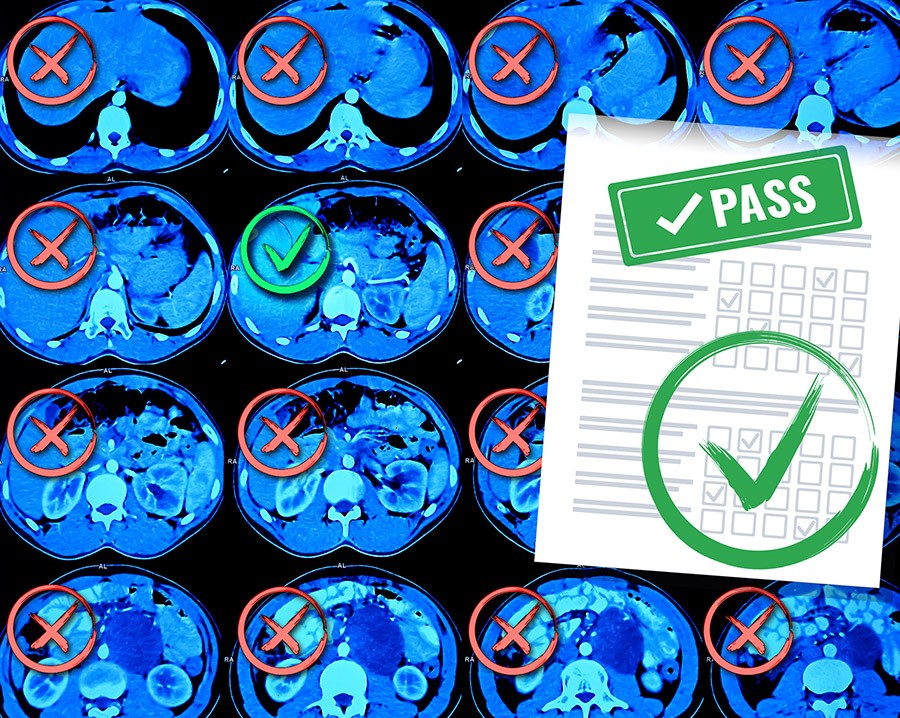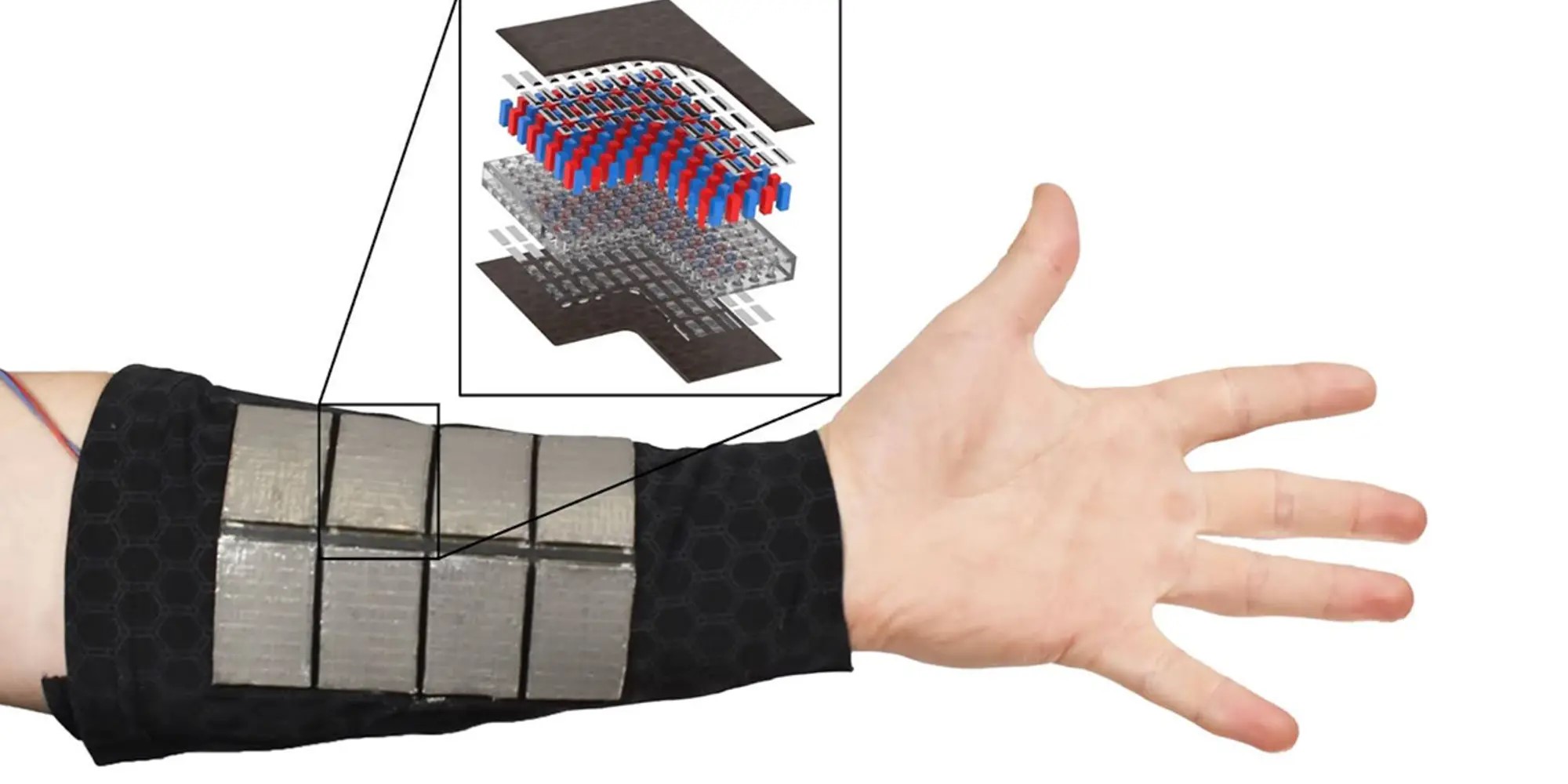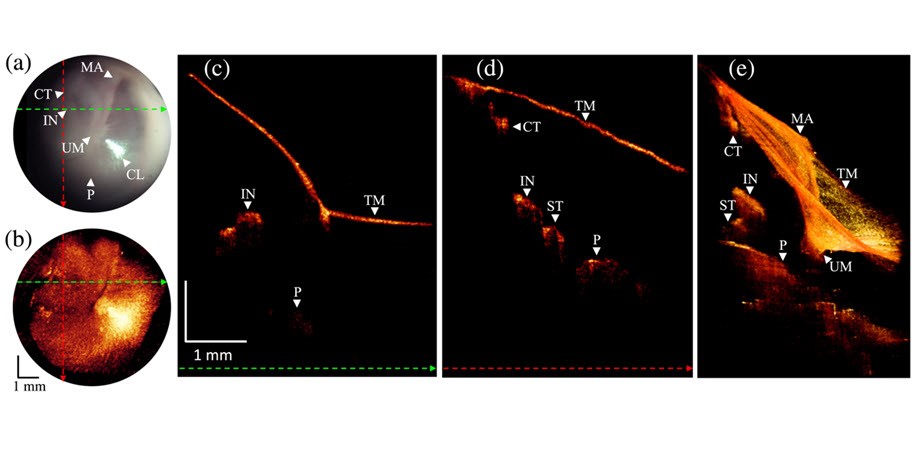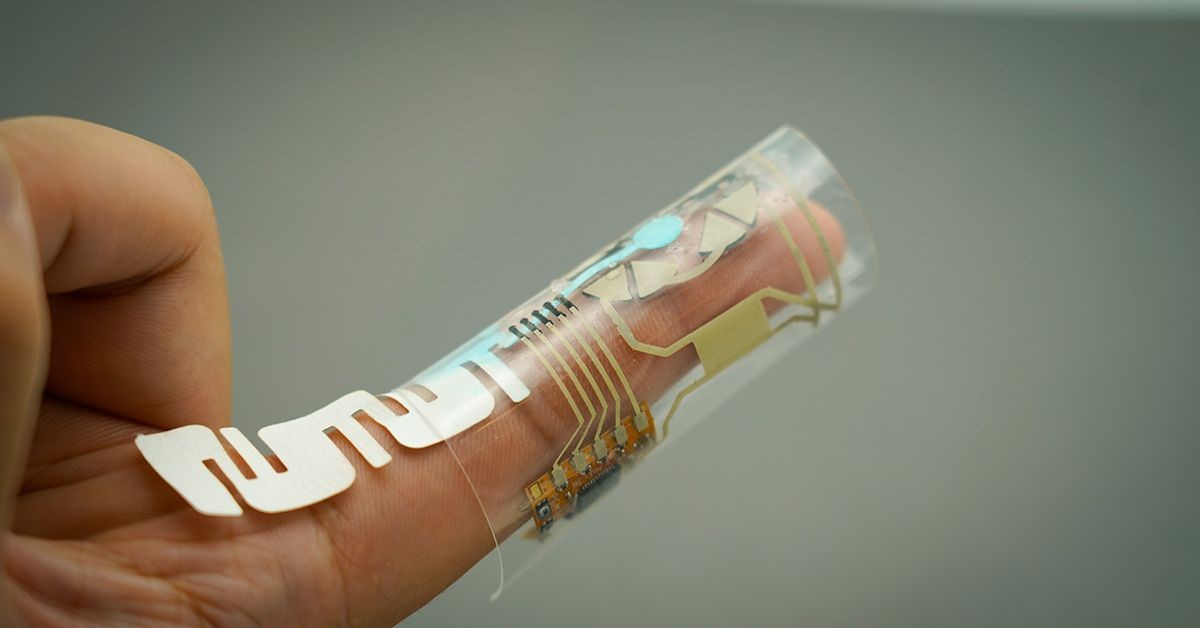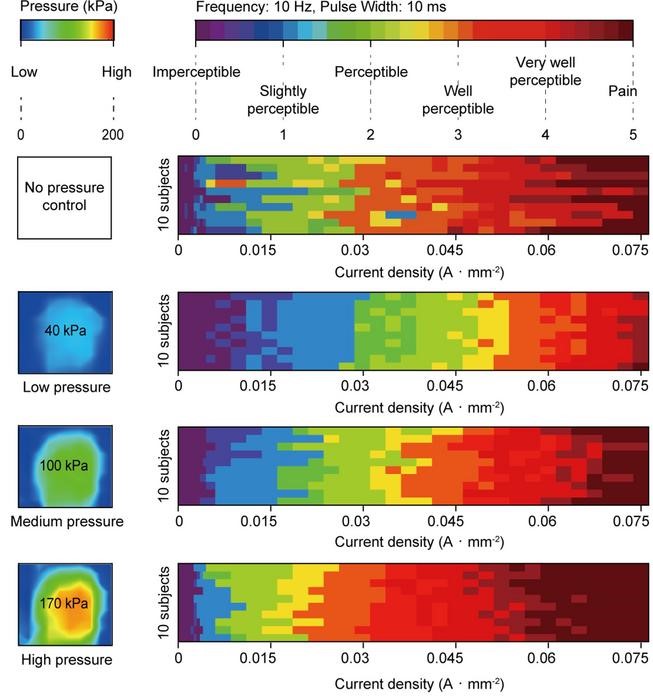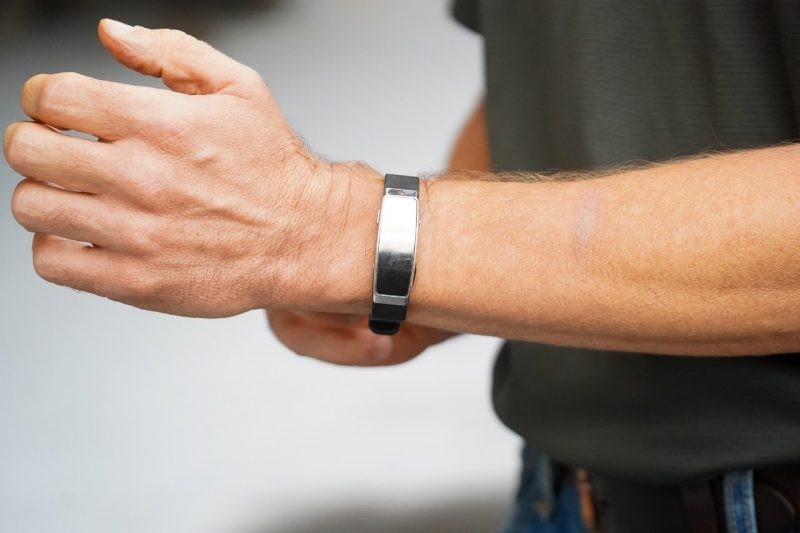BICAN Unveils Groundbreaking Brain Data, Ushering in a New Era of Neuroscience
The BRAIN Initiative® Cell Atlas Network (BICAN) has released its first major dataset, a pivotal milestone in the quest to map the entire human brain. This massive collection, accessible via the BICAN Rapid Release Inventory, includes single-cell and single-nucleus transcriptomic and epigenomic profiles from humans, mice, and 10 other mammalian species. The data comes from various grants and labs, including the Allen Institute, all working to classify brain cell types through molecular profiles.

Figure 1. Brain Slice. (Credit: Erik Dinnel / Allen Institute)
“The tap is open, the data is flowing, and more is on the way,” said Carol Thompson, Ph.D., associate director of data management at the Allen Institute. “The hope is that if we can encourage data reuse and sharing by multiple labs, we can maximize the value of these datasets and really amplify the public investment into research.” Figure 1 shows brain slice being prepared for analysis and study [1].
Funded by the National Institutes of Health’s BRAIN Initiative®, BICAN brings together neuroscientists, computational biologists, and software engineers to construct a detailed brain atlas. This initiative builds on earlier NIH BRAIN Initiative-funded work that mapped mouse brains and parts of the human brain by examining gene activity in individual cells.
“This release represents a major step forward to this next frontier of neuroscience, where we finally will start to understand what sets the human brain apart,” said Fenna Krienen, Ph.D., assistant professor at the Princeton Neuroscience Institute, whose lab contributed to this release [2].
John Ngai, Ph.D., director of the NIH BRAIN Initiative, emphasized the importance of collaboration, stating, “By bringing together experts across multiple specialties, the BICAN project is a model of open science. The availability of this rapidly growing treasure trove of data will enable researchers around the world to propel the field toward a deeper understanding of the human brain in both health and disease, ultimately paving the way to more precise treatments and cures for devastating brain disorders.”
The open release of this data is designed to fast-track neuroscience discoveries by offering unprecedented access to raw brain cell data across species and developmental stages. In contrast to the traditional years-long wait for published papers, this initiative prioritizes early data sharing to foster collaboration and speed up research. “I hope this model becomes the norm, where we release data before it’s published and work together to create resources for the entire community,” Krienen added.
This vast dataset will now allow researchers to map and define brain cell types, providing valuable insights into the brain’s cellular diversity and function. As Thompson put it, “Neuroscience is a challenging field. The more we can do to ensure the data we generate fuels more studies and helps the community, the better off we'll be.”
Source: Allen Institute
References:
- https://www.eurekalert.org/news-releases/1059801
- https://medicalxpress.com/news/2024-10-global-effort-human-brain.html
Cite this article:
Hana M (2024), BICAN Unveils Groundbreaking Brain Data, Ushering in a New Era of Neuroscience, AnaTechMaz, pp. 285



